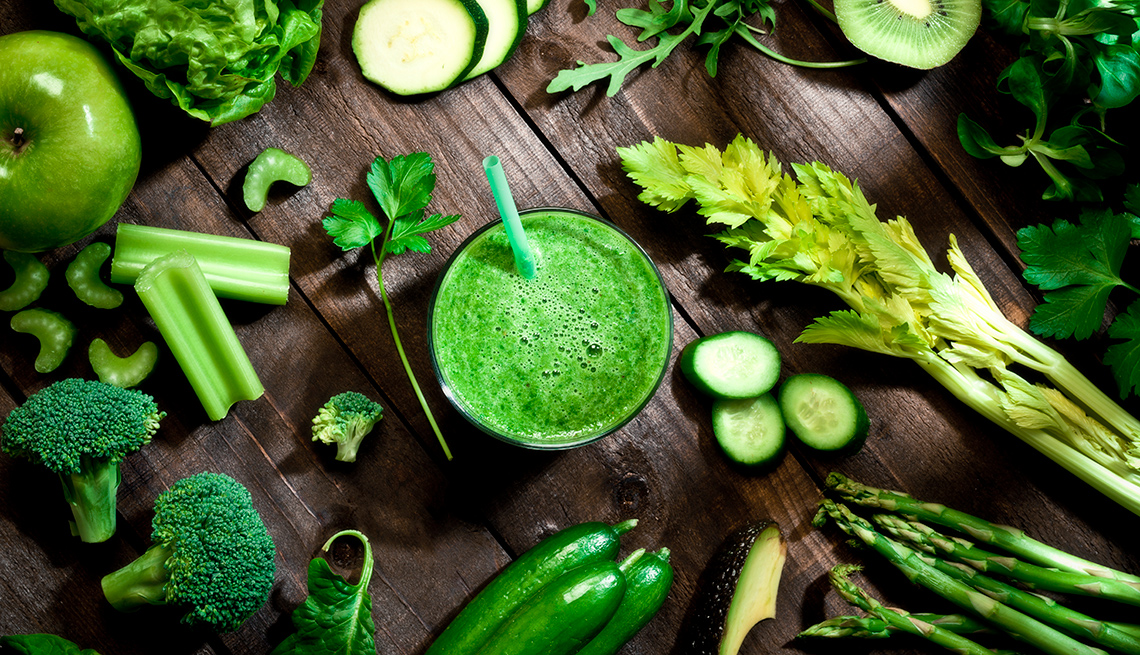AARP Hearing Center
The future of cancer treatment may already be here — in your refrigerator’s crisper drawer. While cruciferous vegetables like broccoli, Brussels sprouts, cauliflower and kale have long been linked to better health, doctors soon may be using them to treat colon cancer — the third most common form of cancer in the United States.
Researchers in Singapore, reporting in the journal Nature Biomedical Engineering, say they’ve discovered how compounds from cruciferous vegetables, mixed with probiotics, can create a “cocktail” that specifically attacks colon cancer cells while leaving healthy cells unaffected.
The neat trick about this potential treatment is that its active ingredient is one that's made by our own bodies: a compound called sulforaphane, which is produced when we chew and digest cruciferous vegetables. To boost its potency, the researchers created a specific probiotic using harmless bacteria found in the human gut. The probiotic binds to a protein in colorectal cancer cells and helps with the creation of sulforaphane, which acts like a heat-seeking missile on cancer cells but has no effect on healthy cells.
In mouse studies, the cocktail decreased the number of tumors by 75 percent, while in test tubes the mixture destroyed more than 95 percent of cancer cells.
In the meantime, increasing your body’s supply of this cancer-attacking compound is easy: Eat more cruciferous vegetables. As researcher Matthew Chang put it, “One exciting aspect of our strategy is that it just capitalizes on our lifestyle, potentially transforming our normal diet into a sustainable, low-cost therapeutic regimen.”
In addition to the above suggestions, the American Nutrition Association also recommends cabbage, bok choy, collards, broccoli raab, kohlrabi, mustard greens, turnips, radish, arugula and watercress as foods that help your body create sulforaphane.



































































